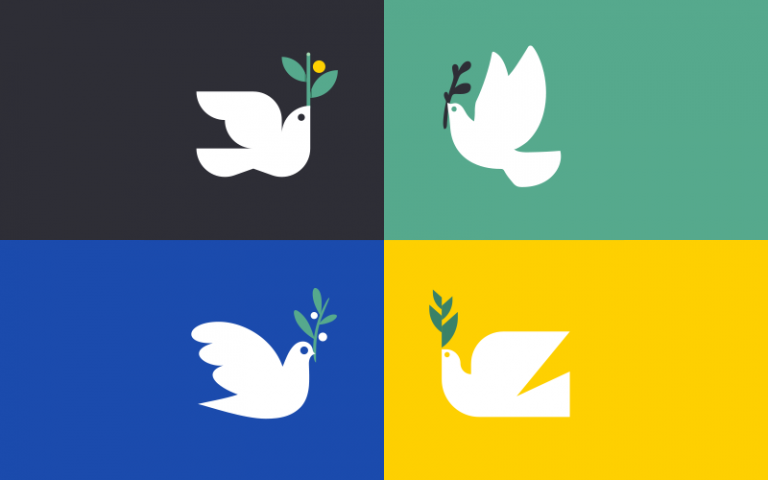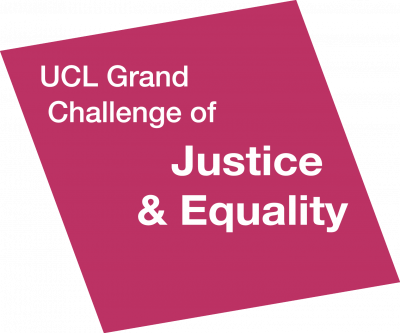The Puzzle of High-risk Participation
This collaborative doctoral student project sought to examine how can peace movements emerge in the midst of war.

2 October 2020
How civilians respond to violence profoundly shapes conflict processes and global patterns of displacement. Yet patterns of wartime civilian agency remain notably unexplored. Peace communities have been documented in Latin America, Asia and Africa and Europe, yet to date no attempt has been made to consolidate cases.
The vision of the project was to uncover the conditions under which civilians are able and willing to mobilise into collective action in order to promote peace in the conflict affected territories in which they live, identifying practical strategies that communities can adopt to avoid displacement as well as the structural and individual-level drivers of peace activism during conflict.
The research objectives of the project were therefore: (i) to compile the first global dataset of peace communities since 1945 for scholars and policymakers alike, (ii) to use the dataset to evaluate theories on the underlying individual-level and structural drivers of peace mobilization in conflict zones, (iii) to publish findings and subsequently apply for further funding to collect additional variables, and (iv) to use these findings to identify practical means by which non-state actors and the international community can support extremely fragile communities during conflict. Direct research outputs will include open access to the dataset and two papers.
Stage (i) was completed using funding from this grant, and the project leads are now in stage (ii) of the project.
 Close
Close


